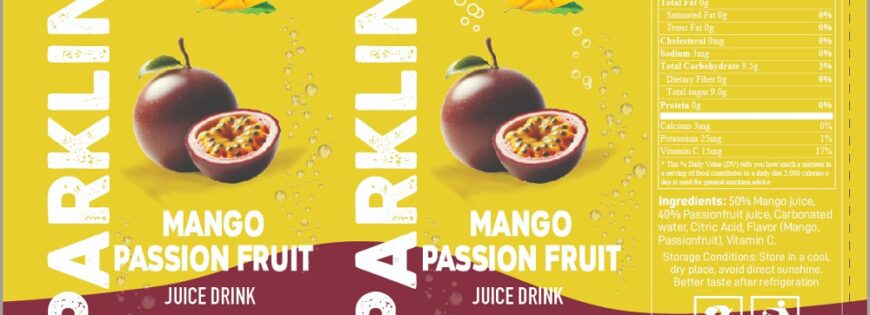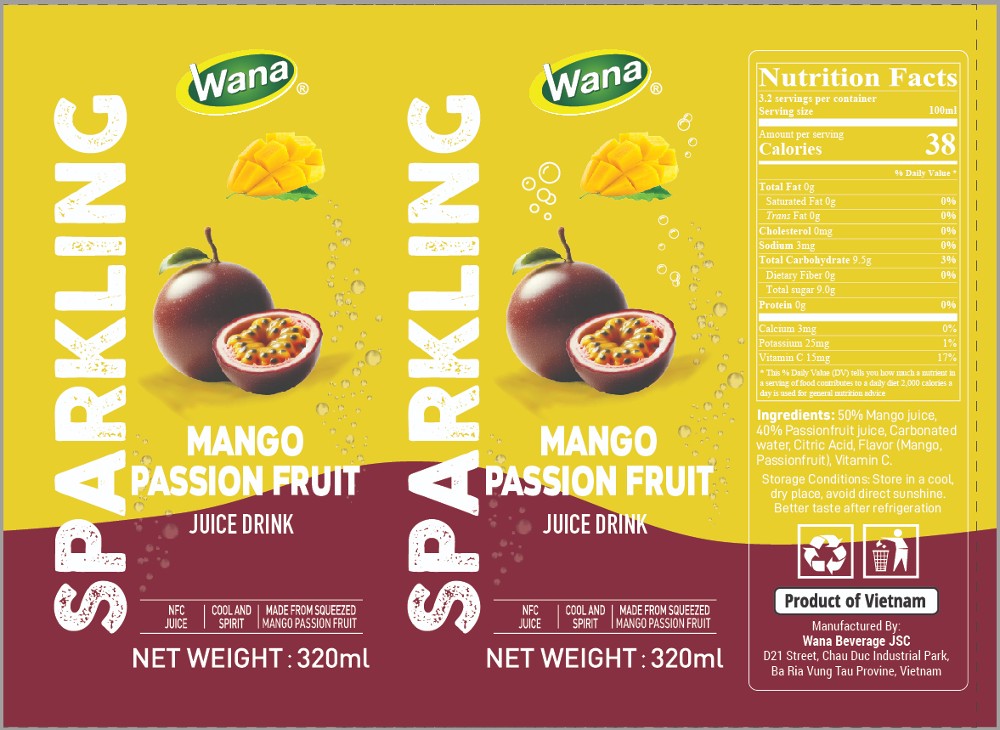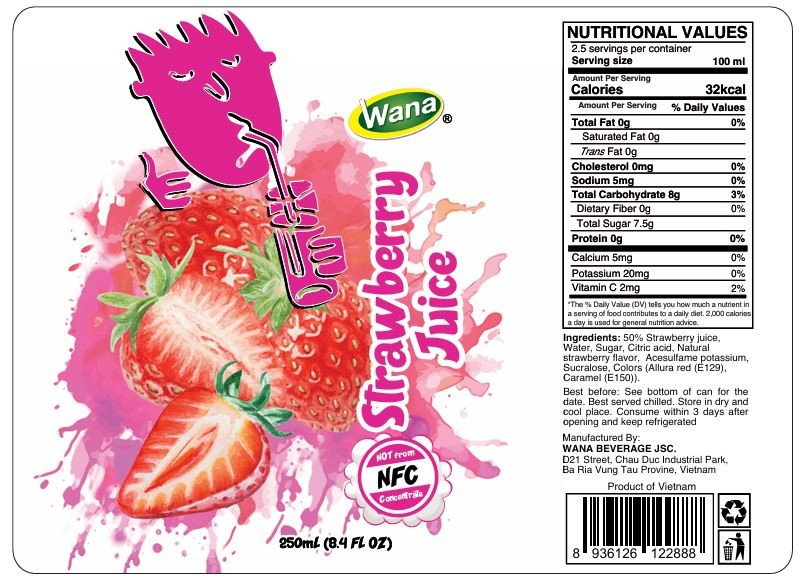We know the clear benefits of freshly squeezed juice, which only takes a few minutes to make at home. Yet, amidst our busy and chaotic lives, even the best juicer often collects dust in the cupboard, while the dream of enjoying fresh juice every morning seems just out of reach and even considered a luxury. That’s why the canned juice industry, even with many ups and downs, keeps reviving and transforming to offer customers what they’re craving for. However, while we enjoy the huge variety of juice brands, we often find ourselves questioning which brand truly offers the healthiest and most reliable choice. This article will guide you through reading canned juice labels, helping you make informed decisions for yourself and your family.
Canned Juice Content: 100% Juice and Others
When it comes to reading the labels on your juice cans, the first thing to check is the juice content. If the label says “100% juice,” it indicates that the product is made entirely from fruit or vegetable juice, without added sugars, artificial flavors, or preservatives. This is typically the healthiest option, as you’re getting the most nutrients with the least amount of additives.
However, many fruit juices on the market fall under the category of “juice drinks” or “juice cocktails.” These often contain only a small percentage of actual juice, with the remainder made up of water, sweeteners, and other ingredients like preservatives or flavor enhancers. While these options might taste sweeter or more appealing to some, they tend to offer fewer nutrients and more calories from added sugars.
Added Sugars: A Hidden Pitfall in Canned Juice
Another key component to scrutinize is the amount of added sugar in fruit juice. Many canned juices, especially those labeled as “fruit drinks” or “nectars,” contain significant amounts of added sugars to enhance flavor. This can turn an otherwise healthy drink into a sugar-laden beverage that contributes to weight gain, blood sugar spikes, and other health issues.
Look for labels that specify “no added sugar” or “unsweetened.” This ensures that the sweetness you’re tasting comes solely from the natural sugars found in the fruits, rather than artificial or processed sweeteners.
Artificial Ingredients and Preservatives
One of the biggest drawbacks of many canned juices is the presence of artificial ingredients and preservatives. These chemicals are used to extend the shelf life of the product, but they can detract from the juice’s nutritional value. Ingredients such as high fructose corn syrup, citric acid, or artificial colorings can often be found in these products, and while they help maintain consistency and flavor, they aren’t necessary for a truly healthy juice.
Opt for the juice brand with minimal ingredients listed on the label! The fewer additives, the better—ideally, the ingredients should be nothing more than the juice of the fruit or vegetable it claims to be.
Nutritional Claims and Certifications
1. Organic Fruit Juice
When a juice is labeled as “organic,” it means that the fruits and vegetables used to make the juice were grown without synthetic pesticides, fertilizers, or genetically modified organisms (GMOs). Organic certification ensures that the farming practices are environmentally friendly and that the juice is free from chemical residues, making it a cleaner and often healthier choice. However, it’s important to note that “organic” does not necessarily mean more nutritious; it simply refers to the way the ingredients are grown and processed. If you prioritize cleaner, pesticide-free products, organic juices are a good option.
2. Non-GMO Claims
Non-GMO labeled juices guarantee that the ingredients have not been genetically modified. For consumers who are concerned about the potential health risks or ethical issues surrounding genetically modified organisms, this certification offers peace of mind. Non-GMO juices are made from fruits and vegetables that have been grown using traditional cross breeding methods, not modern genetic engineering. While this label indicates that the product is free from GMOs, it doesn’t inherently mean that the juice is healthier—other factors like sugar content and preservatives still need to be considered.
3. Free-From Claims
Many juices also feature “free-from” claims, such as “no added sugar,” “preservative-free,” or “gluten-free.” These claims are meant to highlight what the product doesn’t contain, which can be especially important for consumers with specific dietary needs or health concerns. For example, “no added sugar” ensures that the juice’s sweetness comes purely from the fruit itself, rather than processed sugars, making it a healthier option for those watching their sugar intake. Meanwhile, “preservative-free” juices contain fewer artificial additives, preserving the natural taste and nutrition of the juice. While these claims can indicate a more natural product, they should be weighed alongside other factors, such as the percentage of actual juice and the presence of other additives.
NFC (Not From Concentrate)
Another term you may encounter on juice labels is NFC, which stands for “Not From Concentrate.” NFC juice is made by extracting the juice directly from fresh fruits and vegetables and then pasteurizing it to ensure safety. Unlike juice “from concentrate,” which is first reduced into a syrup by removing water and then reconstituted later with added water, NFC juice maintains its original composition throughout the process.
Because NFC juice undergoes less processing, it typically retains more of the fruit’s natural flavor, aroma, and nutrients, making it a desirable choice for those who prefer a more authentic juice experience. However, NFC juices may have a shorter shelf life due to the lack of preservatives, so they need to be consumed more quickly after opening. While NFC juices are often considered to be of higher quality, it’s still important to read the label carefully, as some NFC products may contain added sugars or other ingredients. Prioritizing 100% NFC juice with minimal additives ensures you’re getting the closest thing to freshly squeezed juice without the hassle of making it at home.
Conclusion: Making the Healthiest Choice
Canned juice offers convenience and variety, but not all juices are created equal. By paying close attention to the label, you can distinguish between truly healthy options and those that are merely sugar-laden imitations. Prioritize products with 100% juice, no added sugars, and minimal preservatives or artificial ingredients. In doing so, you can enjoy the benefits of juice without compromising on your health.







